FASCIST MUSIC
 Ah, the late Olivia-Newton John. For people of a certain age, she was a national treasure. I am not of that age. But I respect that she briefly and spectacularly charmed Generation X in their formative years. Everything about her was a little fascist, from the perfect hair and teeth to the tiny amount of faux sweat or dirt her dramatic and musical characters would apply in order to get street credibility. "Magic" is her fascist apex. Musically, it sounds like a coke den. This is particularly true in the main riff, a dissonant two-note half-step. Lyrically, I don't know how it could be more fascist; it consists of a set of orders from an omnipotent, supernatural, and ostensibly benevolent narrator. The video looks like a coke den except for ONJ herself, who is still wearing the headband from "Physical" just like Mussolini wore his trademark sashes so the peasants would instinctively fear him. And the context was the soundtrack for an overwrought, soulless, expensive, spectacularly disastrous movie that forever became shorthand for failure: Xanadu. So yeah, fascist. But RIP.
0 Comments
This demented January 2016 performance by USA Freedom Kids was an immediate legend of fascist music. The fascist nature of this performance is total, from concept (let's get some little girls to extol Dear Leader) to presentation (American flag costumes!) to setting (some batshit rally in Pensacola) to lyrics ("Enemies of freedom / Face the music / Come on boys, take 'em down!") to music (blippy and hellish) to the mere existence of this band (Florida Svengali devises scheme for his daughter to perform and gain him $$). It should be obvious that this video occupies rare air even among its fascist brethren.
The best (worst?) part of this whole thing is that the object of their jingoistic praise is now the not-unfascist President of the United States. Perfect. I only regret that I have but one post to give USA Freedom Kids. David Bowie's death in January triggered many deserved tributes. He was the greatest rock star ever.
But during the 1990s (technically 1987 to 2003), he released an amazingly long and unbroken string of terrible fascist albums. It would take a perverse revisionist* -- and there were plenty in the weeks after his death -- to deny how far he fell during these years. The Cliff's Notes Bowie is this: He came on the scene in the late 1960s as a psychedelic folkie, then hit his creative stride in the early 1970s as the glam Ziggy Stardust. He soon turned to "plastic soul," the Thin White Duke persona, and mountains of cocaine. Clean by 1977, he headed to Berlin to release a trio of artsy, acclaimed albums. Then he wanted to get popular again and released a big, ominous, arena-rock album (Scary Monsters... and Super Freaks) and two popular dance-rock albums (Let's Dance and Tonight). After these commercial successes, Bowie was at a crossroads. He chose fascism.
After so many embarrassments, it was time for Bowie to finally give up, which he did. But in a happy coda, 10 years later, he released two pretty good albums, 2013's The Next Day and 2016's Blackstar. His output from 1969 to 1983 had already ensured his legacy, but these two showed he was at least capable of humor, drama, and striving -- antidotes to fascism all -- and willing to share his gifts in his waning years. *One revisionist, Jason Hartley, came up with the Advanced Genius Theory to address work exactly like Bowie's 1990s output. Per Hartley's theory, since Bowie is an acknowledged genius, it's natural that the genius present in his work would eventually exceed his audience's ability to appreciate it. The "problem," then, lies with us, not Bowie. 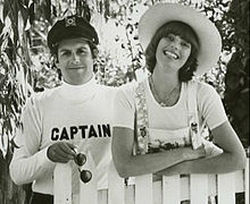 You knew it was coming! With SiriusXM's limited-run YachtRock channel burning up the airwaves, Yacht Rock hasn't been this popular since 1983. We're talking, of course, about the smooth sounds of Michael McDonald, Captain & Tennille, Christopher Cross, and other late 70s/early 80s soft rock giants. Music to chain-smoke to. Music to "not get civil rights" to. Music to play in the background while you spend idle days on a yacht. It's not necessarily music for the wealthy, but it is music for people who don't try very hard. Is Yacht Rock fascist? Of course! But don't make the mistake of conflating Yacht Rock and fascist music into one. Yacht Rock is a type of fascist music - and yes, all Yacht Rock is definitionally fascist - but doesn't represent the full breadth of fascist music. Fascist music includes post-prime rock by legacy artists, aggressively power-hungry music, selling out, corporate music, facelessness, suffocation, and more. Yacht Rock represents a great dimension of fascist music: the brown-stained, corporate, sinister, idle, daft music of the shittiest 10 years of the 20th century. But there's more. Enjoy the waning days of the YachtRock channel on SiriusXM. Then check back in with us to see what fresh hell we can get into. Thought experiment: It's 1985. Huey Lewis needs to tell you about this incredibly powerful thing. Stronger than diamonds, steel, money, fame, credit card, and a bad girl's dream. (Which, by the way, clever.) This force is sudden and cruel, and can make you sad and mad, but might just save your life. Oh, and he wants to discuss all this over horn-and-synth 80s serial-killer music. Would you say that this sounds remotely fascist to you?
Let's start with a little background on what ZZ Top was. If you're like I was as a kid, you probably only know ZZ Top as the guys with the beards who are listed last on jukeboxes. Their legacy is oddly null, which is surprising because their history is rich and, for one world-beating period in the mid-1980s, undeniably fascist.
Against this background, 1983's Eliminator was a revelation. They kept their heavy guitars, but organic drums were replaced by clinical synthesized blips, the songs got a glittery production sheen, and these middle-aged bearded guys started showing up on a nascent MTV as mysterious kingpins, singing about cocaine and Great Danes and often bestowing magic on young people with the help of a 1930s Ford (the "Eliminator" shown on the album cover).
In addition to the musical coup d'etat, some fascist commendation is in order for the album titles: Eliminator, Afterburner, and Recycler. Generations have been satisfied with the explanation for the Eliminator album title being, "It's the name of the car." As explanations go, that's insane. The car didn't have to be on the cover. Even granting the cover to the car, it doesn't necessarily follow that they'd name the album after the car. Cars have names? Why were they messing with a 1930s Ford at all? Did it have significance other than being the magic car from the videos? Did they conceive of the videos before coming out with the album? Was the car, in fact, magic? So many questions, with the only clear fact being that the conventional explanation is no explanation at all. "Eliminator" was a consciously chosen word, and it's about the most fascist one they could have chosen. "Afterburner," I guess, is how the machine continues to operate even though freedom fighters have unplugged it. And "Recycler" is a similarly inscrutable title, eliciting a forboding, metallic sense of unstoppable automation and repetition. (It helps that the members of ZZ Top are presented on the album cover as shadowy thugs.) Again, ZZ Top consciously selected each of these titles. No explanation seems to make sense except their desire to further their own fascist narrative. Which they did, to their lasting credit.
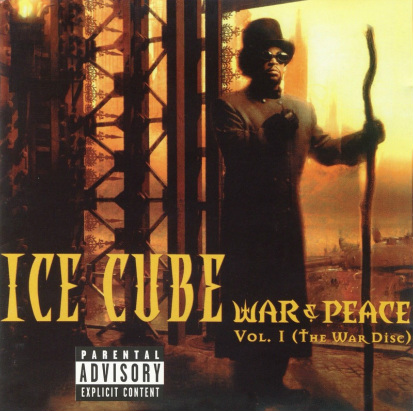 In this grim and bizarre image, Cube is styled as a top-hatted (!), cassocked ruler of a dystopian hellscape. A tank rumbles through the smoky ruins of a city, presumably commissioned by Cube to polish off the survivors. Cube, meanwhile, is insulated from the madness in some kind of iron structure that nonetheless boasts the ornate trim befitting a ruler of some kind. Cube holds a staff, crucial for the works he'll conduct as leader of this post-apocalyptic world, and with his right hand offers some sort of Illuminati salute. To top everything off, this CD cover is "3D," in the late-1990s sense of "tilt this CD back and forth, and you will perceive motion." In 1998, this packaging was neither modern nor particularly impressive, but it was expensive and maximalist. You wouldn't be crazy to consider this to be "peak CD cover." Ironically, Cube's persona on the album is the opposite of this totalitarian figure. The same bleak, fascistic atmosphere prevails, but Cube's role is that of a quasi-revolutionary on the run, working shadowy angles to defeat his enemies. With the dubiously valuable assistance of his sidekick Mr. Short Khop, Cube talks surreptitiously on cell phones, gets crippled by an assassin's bullet, and eventually slinks around the United States attempting to avoid extradition. Sure, he enjoys good moments smoking marijuana in the Hotel Niko sauna and owning "a mansion and a yacht," but he is not the solemn power figure of the cover. Maybe the cover is meant to represent Cube's successful fate following the events of the album. If so, it's a poignant reminder that deposing fascism often leads to nothing but more of it. On the surface, the inclusion of "Big Time" should be no surprise: song title, done. But this is a satirical song about a small-time guy's misguided plan to hit the titular "big time," and what he will do when he gets there. Satire is usually an anti-fascist weapon, and this song is skewering, of all things, grand ambition. So it's a legitimate question: Is this song fascist?
Yes, for two reasons. First, the narrator is meant to be an object of derision, and his delusional aspirations are understood by the savvy Gabriel and the savvy listener to be unrealistic. In other words, the concept of a small-time hustler getting a big house and bank account is presented as laughable, and that's fascist as hell. Second, if you were to give credence to the protagonist or if he were somehow to exceed expectations, his rise to the "big time," as he envisions it, would be abjectly terrifying. In his telling, he would eschew his yokel hometown friends, forsake his convictions to pledge fealty to a "big God" (probably money), and rake up material possessions, his "eyes getting bigger" all the while. Soulless success built upon the destruction of customs is a fascist fairy tale. |
What is fascist music?In Dave Marsh's 1979 review of Queen's Jazz, he wrote, "Indeed, Queen may be the first truly fascist rock band." No other word so neatly expresses supremacy of the powerful and devaluation of the individual. Archives
August 2022
Categories
All
|
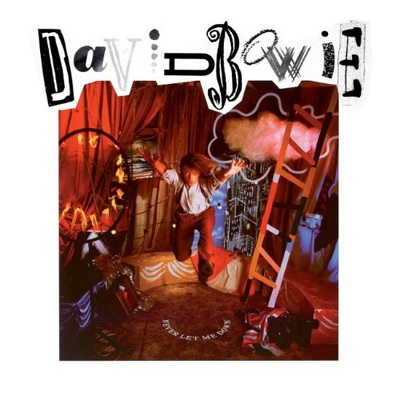
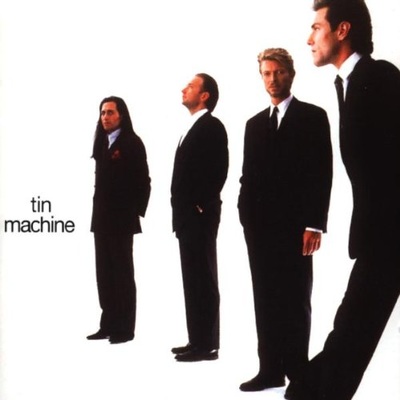
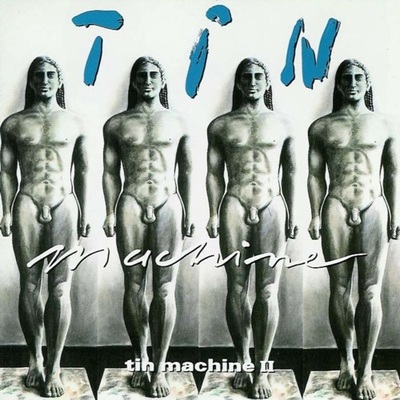
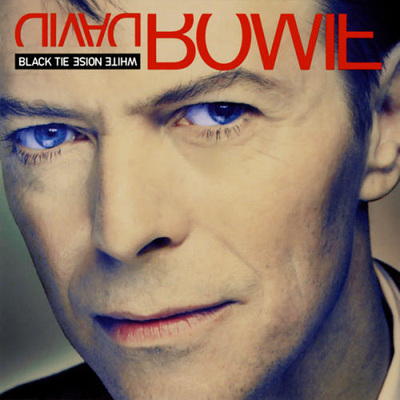
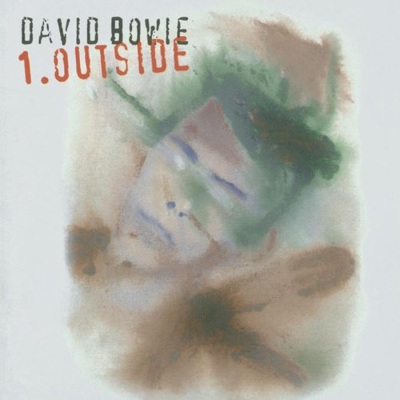
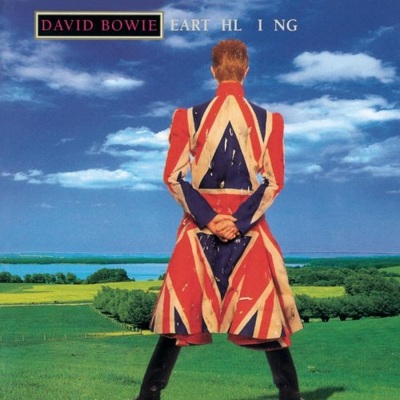
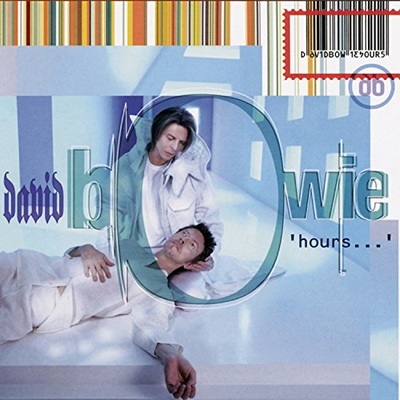
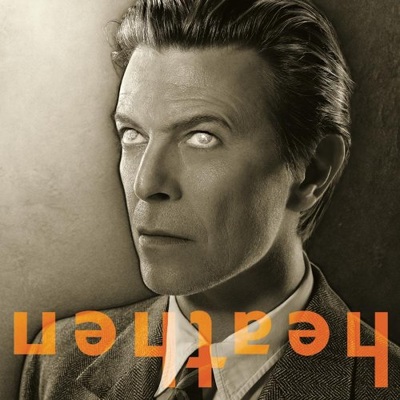
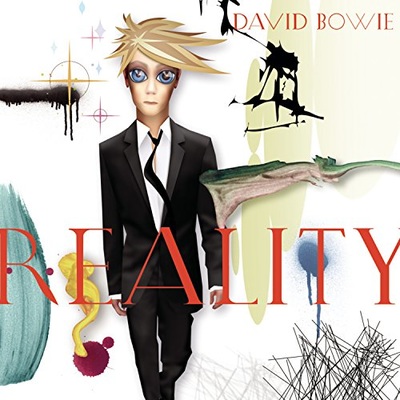
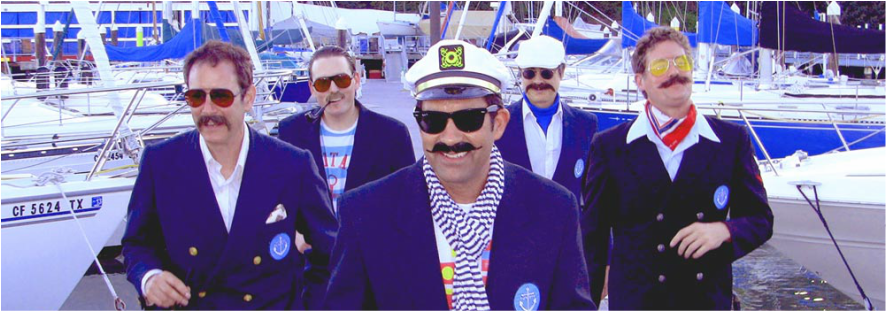


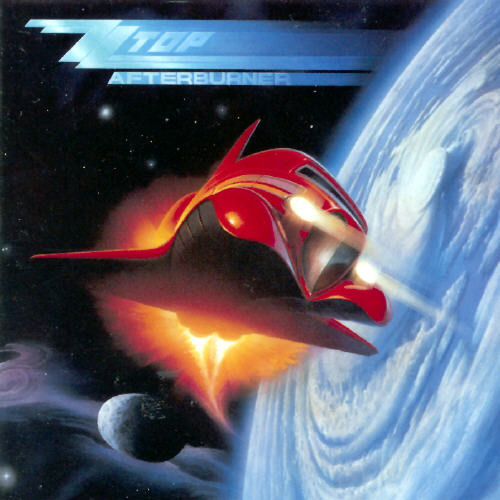
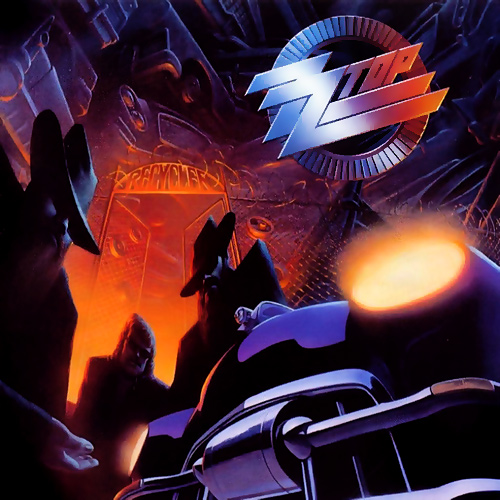
 RSS Feed
RSS Feed
